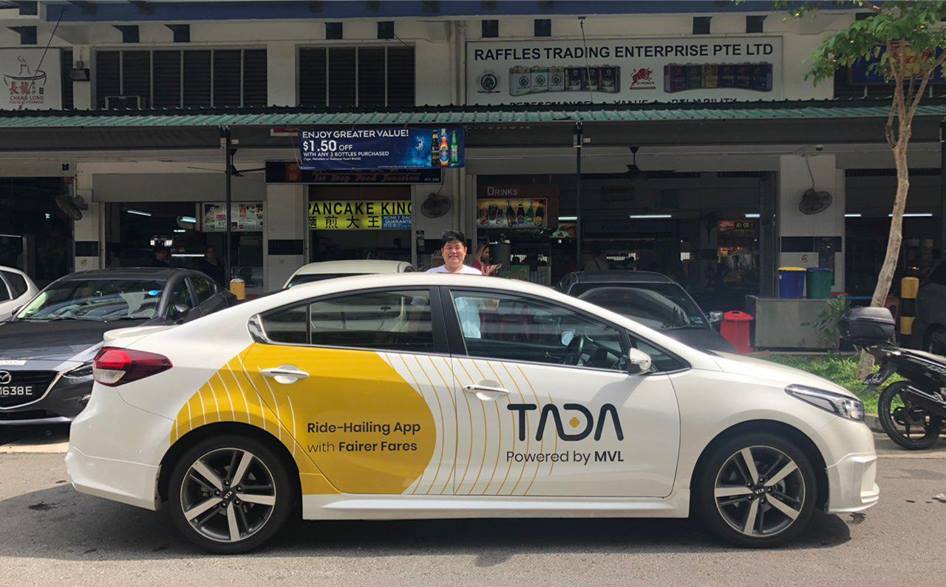TADA, a Singapore-based ride-hailing company, has recently announced its entry into the Hong Kong market, marking a significant milestone in its regional expansion strategy. Now in beta, the service has been operational since December 12, covering Hong Kong Island, Kowloon, and trips to and from Hong Kong International Airport. It’s set to expand to other areas at a later date.
Founded in 2018 by entrepreneur Kay Woo, TADA positions itself as a commission-free platform aiming to provide a driver-friendly alternative to more established ride-hailing services. That means unlike most ride-hailing services that rely on commission-based revenue streams, it uses a zero-commission model, directly benefiting drivers with full earnings. Instead, TADA generates revenue through a platform fee and credit card charges. The company believes this approach translates to a more stable and sustainable ecosystem that benefits both drivers and passengers.
To date, TADA is available in Cambodia and Vietnam, along with Singapore. Grab, Southeast Asia’s leading ride-hailing app, is also available in these countries, but not in Hong Kong. The NASDAQ-listed tech giant is focusing on its expansion efforts in Southeast Asia after turning a profit in Q3 of this year.

Ride-hailing is technically illegal in Hong Kong, but the government is set to introduce regulations to manage service providers next year. Until then, this presents a challenge for newcomers like TADA. To ensure a smooth launch, it has been proactive in navigating regulatory hurdles by engaging with local authorities and introducing legal protection as well as insurance coverage for drivers and passengers.
TADA’s entry into Hong Kong pits it against established players such as Uber, which has faced its own share of regulatory challenges in the region, and Beijing-based Didi Chuxing and Alibaba’s Amap. While Uber enjoys a strong brand presence and a loyal customer base in Hong Kong, TADA’s unique selling points could help carve out a niche in the market. Particularly, the zero-commission model not only attracts drivers, but also allows for competitive pricing, potentially giving TADA an edge in attracting cost-conscious passengers.
As TADA attempts to establish itself in Hong Kong, its success will largely depend on its ability to navigate regulatory complexities, win over drivers and passengers, and compete effectively against seasoned players. It’s an uphill battle for TADA, especially in a high-regulated industry like ride-sharing. But if the company is able to prioritize compliance and maintain the zero-commission model, TADA could make a significant impact on Hong Kong’s ride-hailing industry.
Banner image via TADA.
















